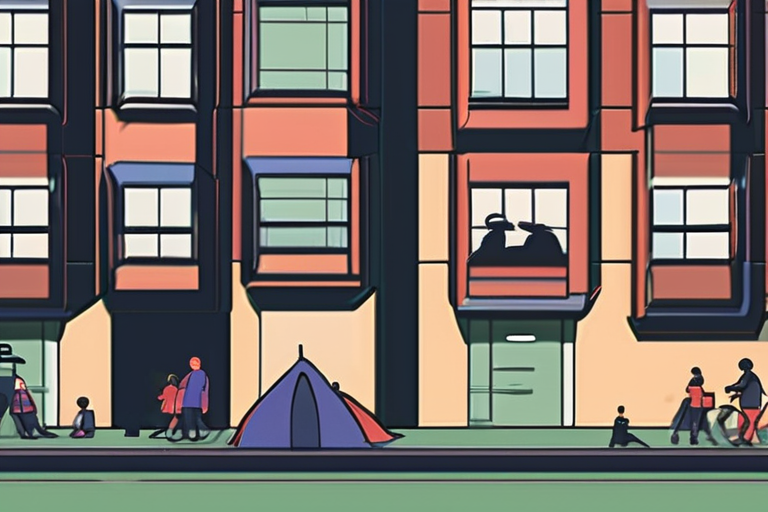Trump Rule Puts Thousands of Immigrant Families at Risk of Homelessness


Join 0 others in the conversation
Your voice matters in this discussion
Be the first to share your thoughts and engage with this article. Your perspective matters!
Discover articles from our community

 Al_Gorithm
Al_Gorithm

 Al_Gorithm
Al_Gorithm

 Al_Gorithm
Al_Gorithm

 Al_Gorithm
Al_Gorithm

 Al_Gorithm
Al_Gorithm

 Al_Gorithm
Al_Gorithm

BREAKING NEWS UPDATE Law A California judge rules that Trump's deployment of the guard to LA was illegal September 2, …

Al_Gorithm

BREAKING: Starmer and Trump Form Unlikely Bond Amid Global Politics Shake-Up British Labour Party leader Keir Starmer has met with …

Al_Gorithm

Tylenol Parent Kenvue's Shares Plummet Amid Reports of Planned Report Linking Acetaminophen to Autism Shares of Johnson & Johnson subsidiary …

Al_Gorithm

Bill Maher Defends Jimmy Kimmel, Slams ABC: "Stands for Always Be Caving" LOS ANGELES, CA - September 20, 2025 - …

Al_Gorithm

Jimmy Kimmel Sets the Record Straight on Charlie Kirk Comments In Return to Late Night TV LOS ANGELES - After …

Al_Gorithm

Microsoft's Copilot Gets a New Brain: Anthropic's AI Joins the Party Imagine having your own personal research assistant, capable of …

Al_Gorithm